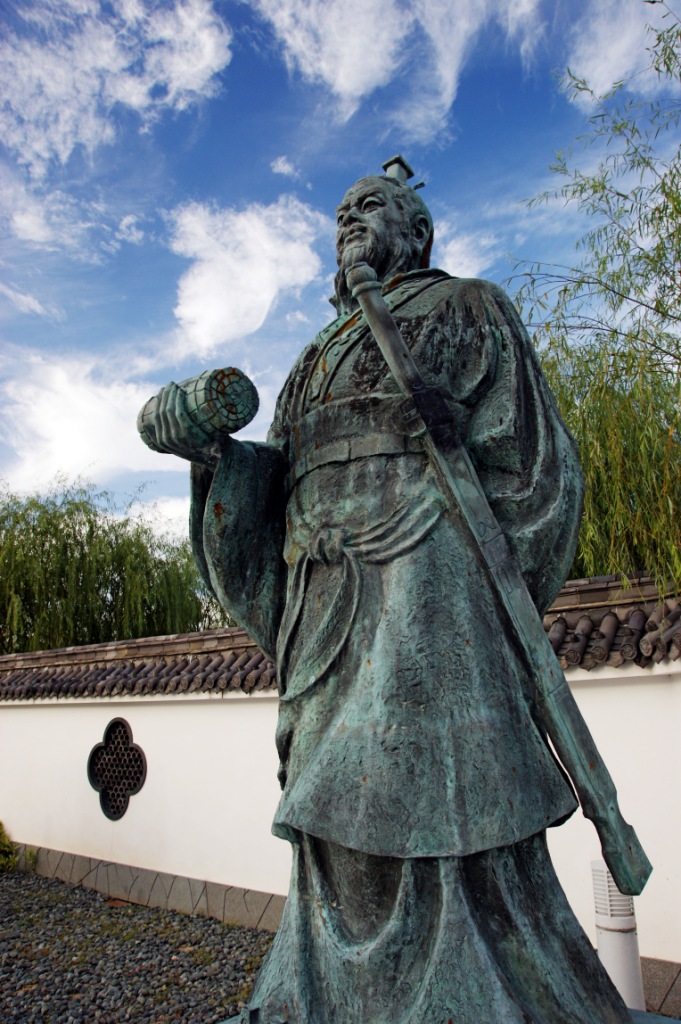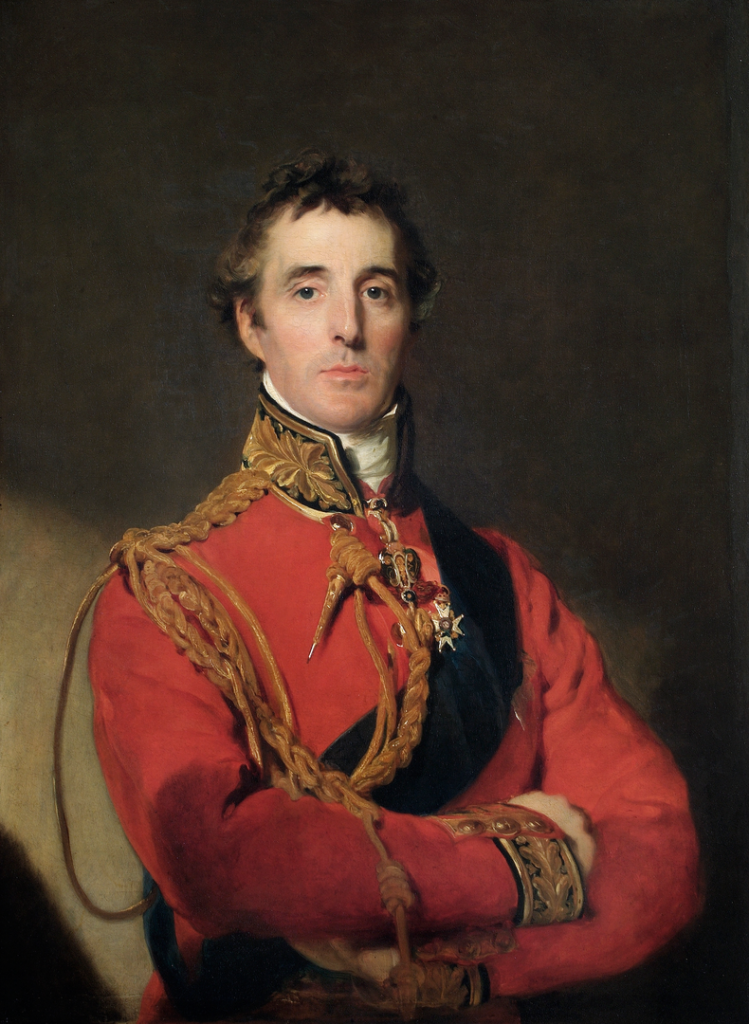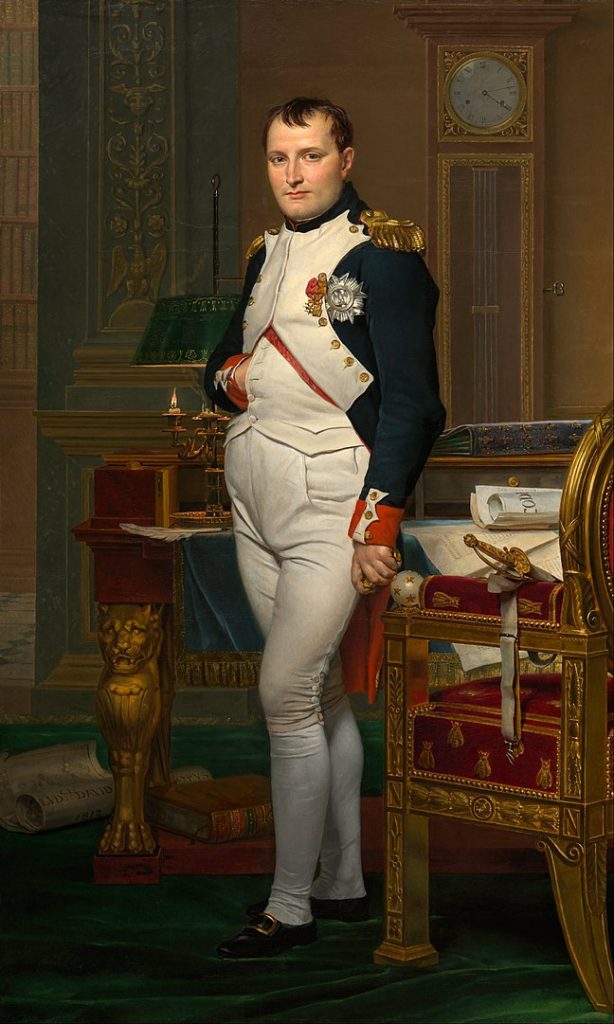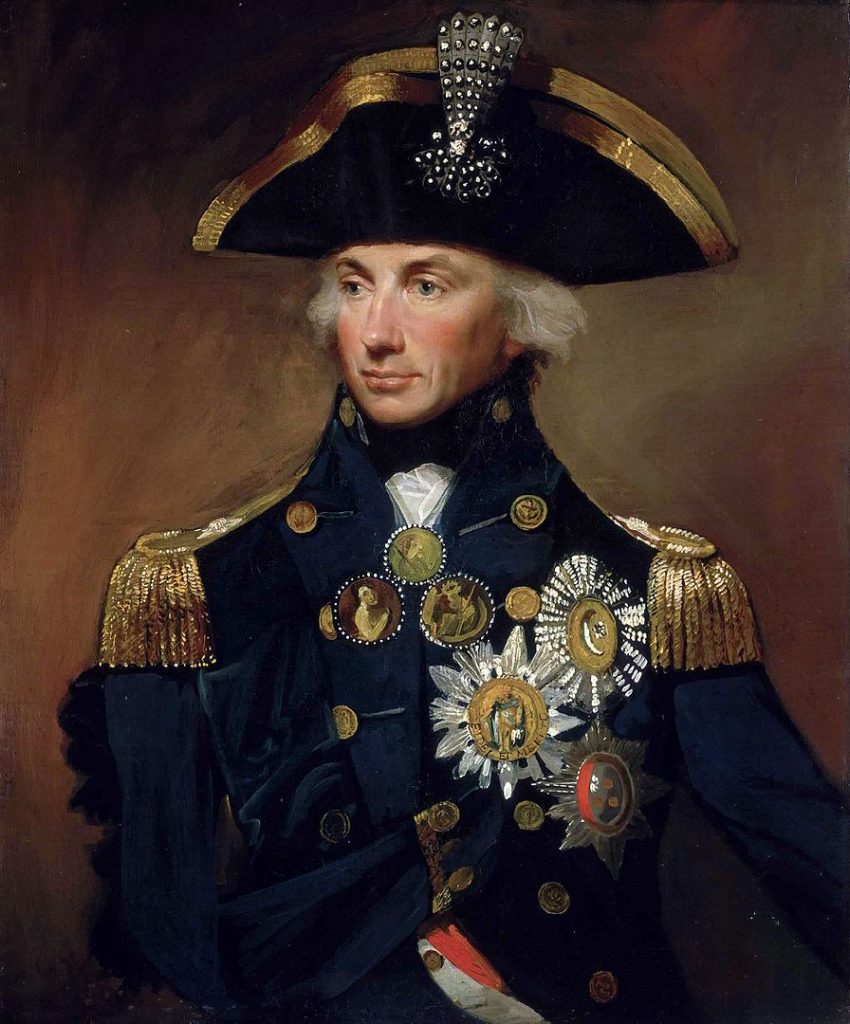From the title of this blog, I am sure some of you might be wondering why I am channelling Sun Tzu.

Let’s start with the origins of the word ‘strategy’. ‘Strategy’ is originally derived from the Greek word ‘strategos’, which means the art of the general. In other words, the origin of strategy comes from the art of war, and specifically the role of the General in war. In the 2nd century B.C., when Sun Tzu wrote the ‘Art of War’, his writing’s message was plain – to win.
Despite ‘strategy’ becoming an often-used buzz word in management, there still seems to be a lot of confusion between ‘goals’ and ‘strategy’. To explain this and in keeping with the war theme, let us consider Alexander the Great, King of Macedonia. Imagine a time long ago, Alexander has decided to strive for immortality by creating a true world empire. He calls his generals together and states that his strategy is to build this empire.

I am not saying that he said that in those exact words because there is no way of knowing what he thought or who he consulted. Hypothetically, if he said that this was his strategy, then that is the wrong use of the term strategy. That was his ‘goal’ – to conquer the world. How he went about conquering the world was the strategy he used.
Now that we have established that ‘strategy’ directly correlates to a general’s role, let us understand what the role of a general is?
A general’s role is not to fight the war but to tell others how to fight the war. It is the general’s vision of how the battles are to take place that is to be carried out, and his orchestration of all the different pieces that will result in the failure or success of his vision. His role is to see the big picture, see what the unit commanders cannot, see the whole, and orchestrate all the units’ positioning to achieve his vision.

Business is also a kind of war, and the casualty of this war is the shareholder’s investment. The Chief Executives’ challenges are similar to that of the generals – to develop strategies that will lead to victory.
So, how do executives develop strategies that will lead to victory?
In my opinion, four key questions need to be answered by your strategy to be classified as a good strategy.
Where is our market?
You must identify the battlefield that will provide you with the best advantage, like Field Marshal Arthur Wellesley, 1st Duke of Wellington, recognised a field near Waterloo in Belgium to defeat the might of Napoléon Bonaparte. It is essential that an executive correctly identifies the markets that will maximise the profits or reduce costs for his goods and services.

What is our unique selling proposition (USP)?
During the Napoleonic Wars, Napoléon Bonaparte, for the most part, was the undisputed ruler of Europe. Logically, he should have strangled and run England into the ground. But England had correctly identified two of its biggest strengths – trade and the Royal Navy and used them to not only stay afloat but to ultimately win the war. So, identify the unique value(s) your product or service offers and how it will best benefit the identified market.

What are our resources and capabilities?
Resources refer to the things we have in our toolbox that can be brought to bear for our benefit. It may be capital – either human or monetary, superior technology, something intangible like brand equity, or tangible, like a diamond mine. How well you utilise what is in your toolbox for maximum benefit depends on your capability. During the Napoleonic Wars, England had a mighty naval fleet (resources), but that by itself is of no benefit as France also had a mighty fleet. What England had were great sailors and leaders like Vice-Admiral Horatio Nelson, 1st Viscount Nelson, 1st Duke of Bronté, among others, capable of wielding the resource (Royal Navy) more effectively.

Sustainability
Once you have identified your USP and identified your capabilities and resources, how can you sustain in the markets you have identified – to continue to win over time. Even after Admiral Nelson’s death during the Battle of Trafalgar, England did not fall apart; they continued to martial their resources and continued to develop their capabilities to hold France across the Channel.
While the above points give us an idea of what strategy we should employ, they also indicate what we should not be doing. We should not operate in markets where we add no value or do not have the resources or capabilities to maintain sustainable growth.
A good strategy, while letting us know what we should be doing and why, should also inform us where our boundaries are and what we should not be doing.
I am sure I don’t have to tell you all that this blog is in no way comprehensive and barely scratches the surface on business strategy or strategy in general. Please feel free to add value to it by sharing your thoughts and experiences on developing ‘strategy’. Happy to hear from you!

Please watch this space for similar posts. Strategy forms an integral part of most of our online master’s degree programmes. You can chat LIVE on WhatsApp with one of our Education Advisors for more information on all the programmes we offer, the application process, and for details on discounts we might be offering at this time.

To sustain in the markets you have identified, it is important to continuously evaluate and adjust your strategy based on market conditions, customer feedback, and internal capabilities.
Hello Manajemen, You have hit the bull’s eye with the above statement of evaluating and adjusting strategies to succeed in the identifies market.